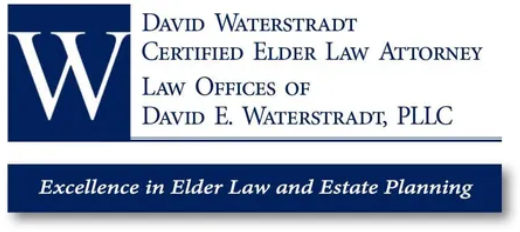950 W Norton Ave Ste 405 Muskegon, MI 49441

YEAR END TAX AND ESTATE PLANNING CONSIDERATIONS
Tax Planning
The goal of year-end tax planning is usually to defer income into the next year and gain deductions in the current year. This may be reversed this year as it is anticipated that President Biden will raise taxes and, therefore, taxpayers may want to accelerate income into the current year and defer deductions to next year. However, many speculate that President Biden’s proposals for tax increases on high earners are unlikely to be addressed until at least 2022.
Estate Planning
In 2020, the exemption for gift, estate and generation-skipping transfer taxes increased to $11.59 Million per person ($23.16 Million for married couples). It is thought that those exemptions may shrink in the future and experts believe that by making gifts now you can lock in those exemptions. However, it is also likely that changes of that nature may not take place next year, and maybe not until 2026, so you may be best advised to hold off and take the “wait-and-see” approach before giving away large amounts of assets.
In any event, most of us don’t have to worry about exemptions of that volume. But, the things we can all consider in the updating of our estate plan are the following events – that may have occurred this year:
- Births, deaths, marriages, or divorces in your immediate family;
- Individuals named in your estate planning documents have died or become permanently disabled;
- The value of your assets has significantly increased or diminished;
- You have acquired real estate or other assets that are not titled in the name of your trust or disposed of property identified by your trust or will documents;
- You have purchased additional life insurance coverage;
- There are persons not named in your estate planning documents for whom you would like to make provisions;
- There are specific gifts in your estate planning documents that you would like to increase, decrease, or delete;
- You have made large gifts or loans to any persons who are beneficiaries under your estate planning documents;
- You wish to change your named personal representative, trustee, patient advocate or
- guardian; and
- You wish to protect assets from nursing home expenses.
If any one of the above listed things occurred this year, please give me a call and we can make the necessary changes to your estate planning documents to be sure all the right steps have been taken to protect your assets and your loved ones.
2020 has been a stressful year for all of us and looking ahead, we are hoping for a brighter 2021. If you have any questions or concerns about your year-end “to-do” list, please feel free to call me or email me at any time.
Wishing you and your family a happy and healthy holiday seasons!







Navigation
Contact Info
Tel:
231-773-1169
Fax: 231-773-1179
950 W Norton Ave Ste 405 Muskegon, MI 49441
- Mon - Fri
- -
- Saturday
- Appointment Only
- Sunday
- Closed
Get In Touch
Contact Us
We will get back to you as soon as possible.
Please try again later.




